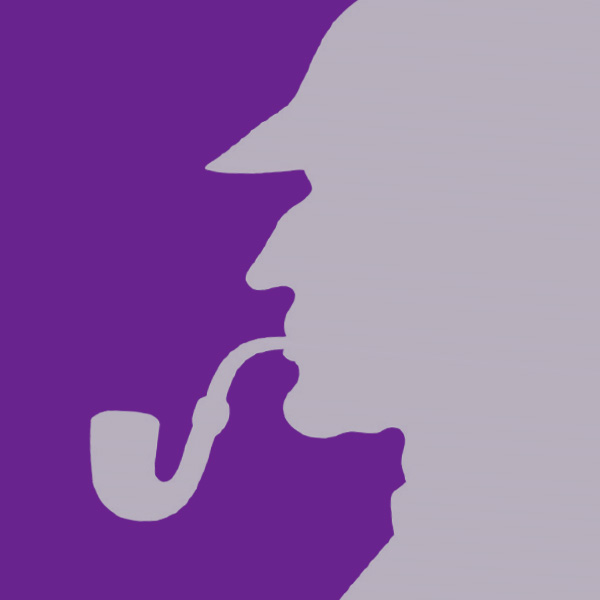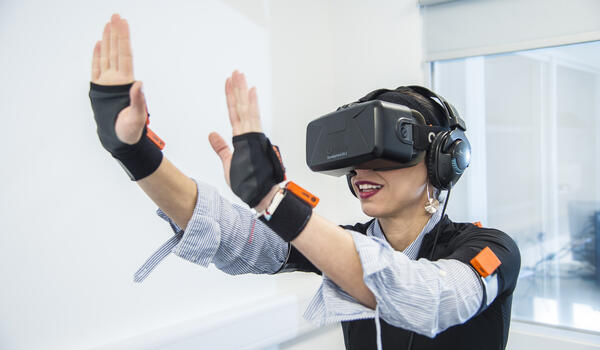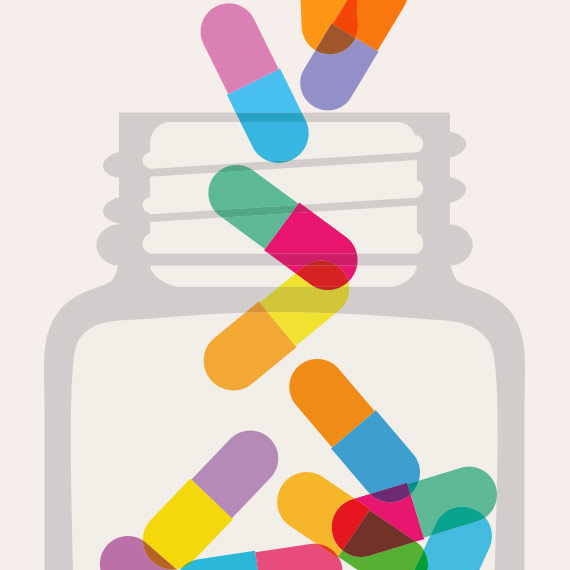Our range of masterclasses offers students in Years 12 and 13 the chance to experience first-hand what learning in our multi-million-pound facilities is really like.
As well as working on some exciting and engaging areas of chemistry, your group can meet some of our students, learn from our academics and get their first taste of life on campus at Lancaster University.
Note – for full-day classes, students should bring their own lunch or buy lunch on campus.





